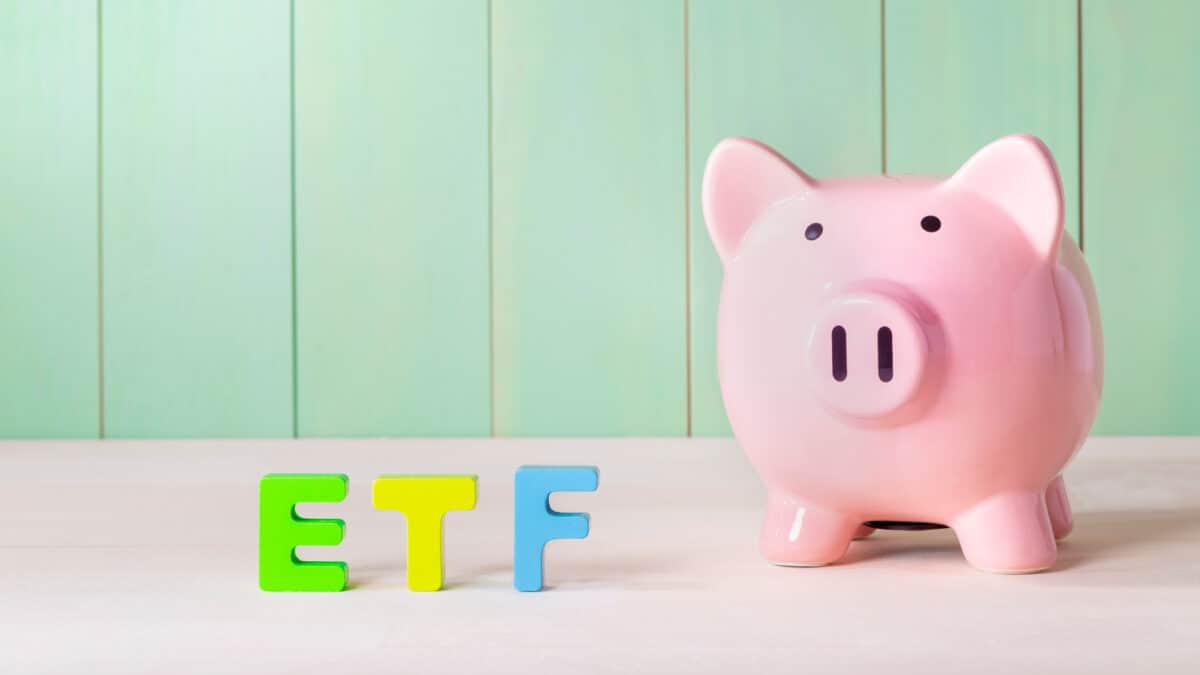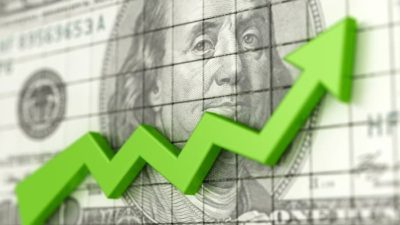If you look at a list of the most popular index funds on the ASX, chances are that you'll see the Vanguard MSCI Index International Shares ETF (ASX: VGS) on the list.
This exchange-traded fund (ETF) is one of the most popular index investments on the ASX and is a well-worn choice for ASX investors who want to add some international exposure to their Australian stock portfolios.
Today, let's discuss two reasons you might want to add VGS units to your own ASX portfolio, and one reason that might hold you back.
Two reasons to buy the Vanguard International Shares ETF today
First, this is a great index fund to buy if you are indeed looking for some international diversification. VGS' top holdings are companies that have true world dominance with their products or services. Whether it be Apple's iPhones, Amazon's e-commerce infrastructure, Alphabet's Google search, or NVIDIA's lead in the world of artificial intelligence and semiconductors, VGS offers exposure to some truly exceptional companies.
It also offers a huge portfolio, with more than 1,350 individual holdings spread across more than 20 countries. These range from Canada and the United Kingdom to Singapore and Norway.
Secondly, the Vanguard International Shares ETF has some decent runs on the board when it comes to performance. As of 31 December, VGS units have returned an average of 13.74% per annum since this index fund's inception in 2014.
Now, past performance is never a guarantee of future returns of course. However, it's still a good indication that investors can have faith that their money is invested in an asset that has the potential to generate meaningful rates of return going forward.
Why wouldn't an investor buy ASX VGS units?
So, there's a lot to like about this ASX ETF. However, VGS has one potential problem that all prospective ASX buyers need to consider. This ETF can be considered 'diversified' if one wants to simply diversify away from Australian shares.
But if you think you'll be getting a well-rounded portfolio that pulls the best shares from all of those 20-something countries, you might want to take a deeper dive.
Yes, VGS looks diversified if we only consider those 1,350 holdings across all of those different countries. But digging deeper reveals the reality is a little different.
While VGS does offer ASX investors 1,350 different holdings from two dozen countries, it's worth noting that almost three-quarters of its weighted portfolio hails from just one market – the United States. Yep, around 75 cents of every dollar invested in VGS will flow into US stocks.
What's more, VGS' portfolio is very top-heavy. Despite those 1,350 holdings, this ETF's largest five holdings account for more than 20% of its weighted portfolio. And, you guessed it, all five are US shares.
If you want a truly internationally diverse portfolio, VGS probably won't cut the mustard. It is arguably just an American index fund with some token international diversification thrown in.
Any investor looking for true international diversification might want to supplement a VGS investment with other index funds like the Vanguard All-World ex-U.S. Shares Index ETF (ASX: VEU).








